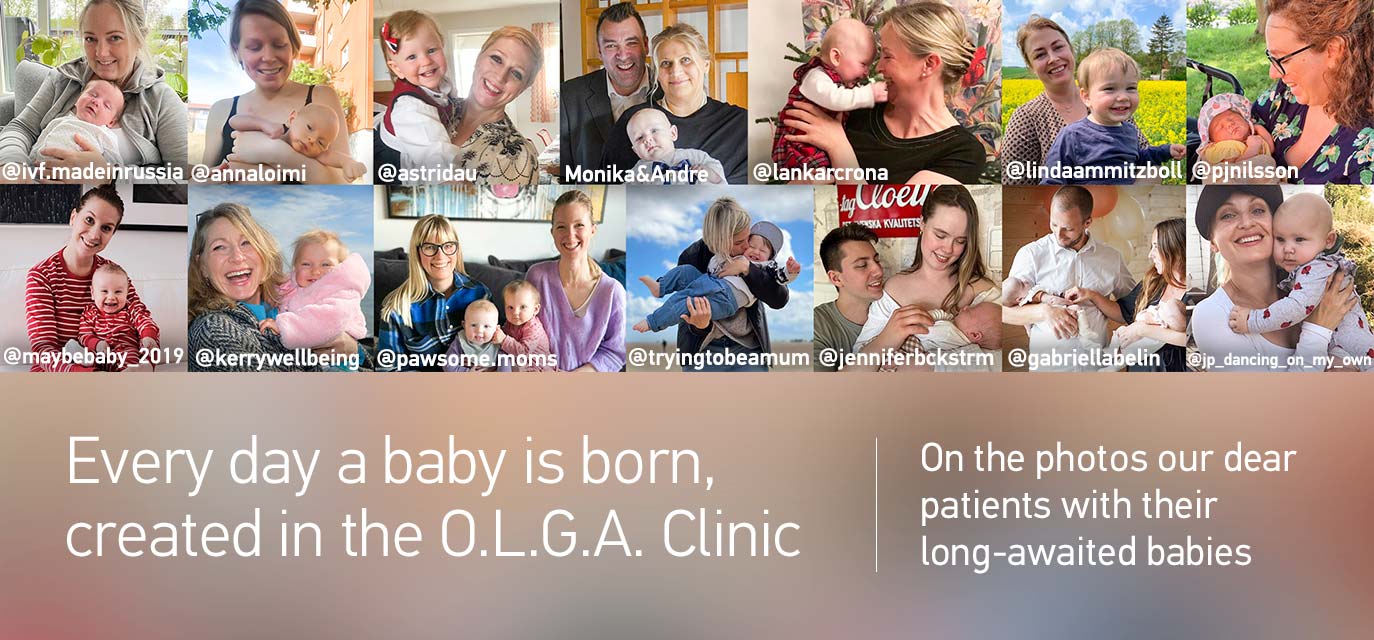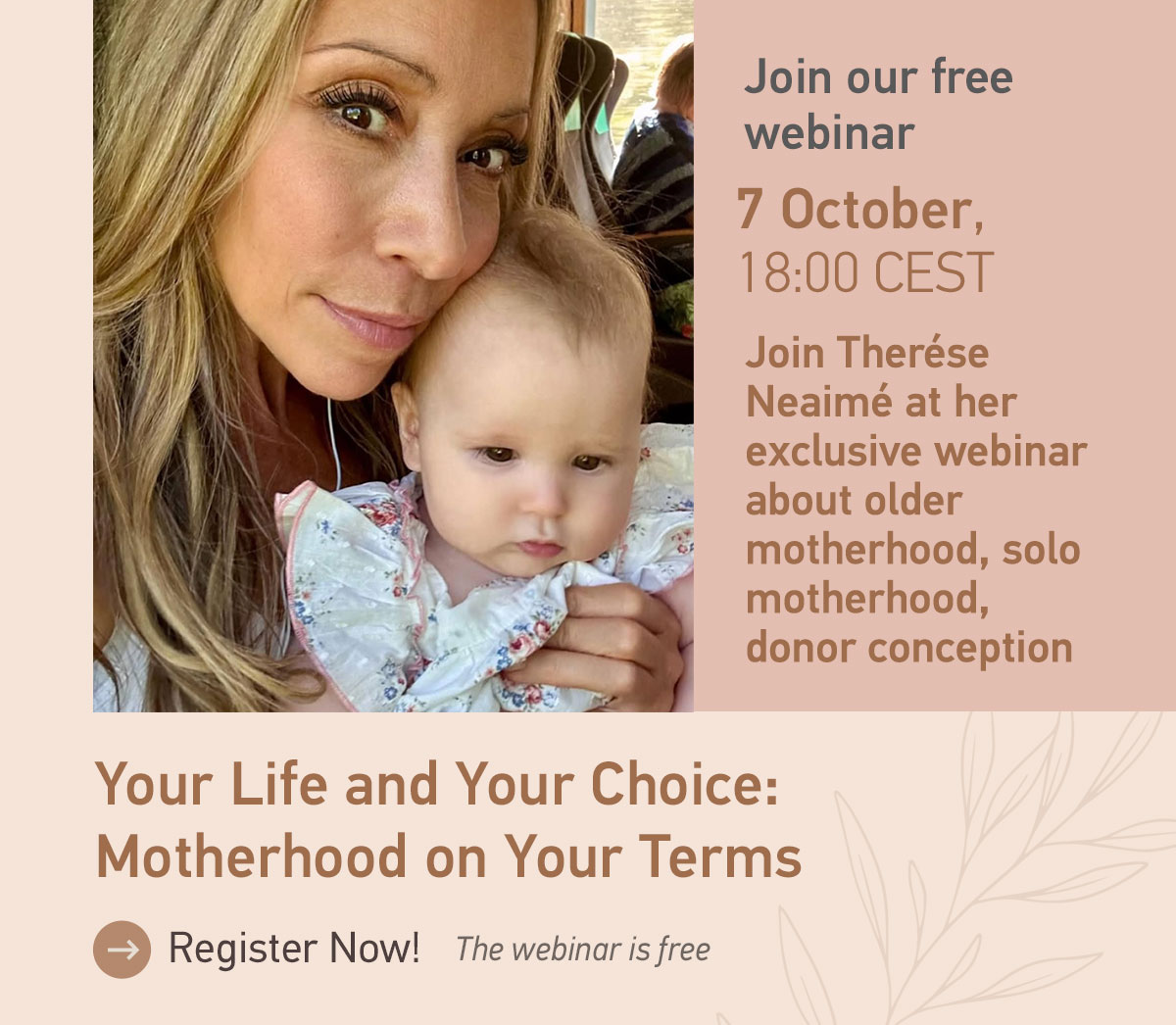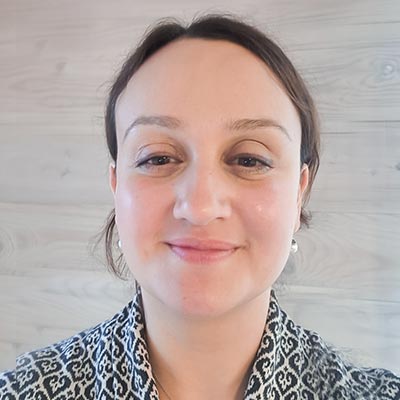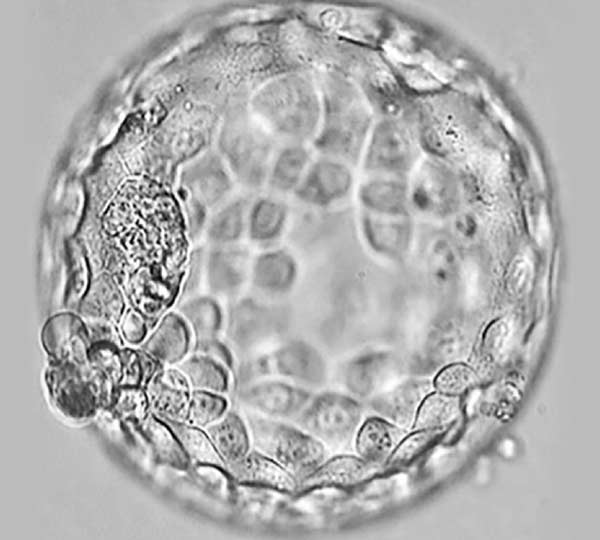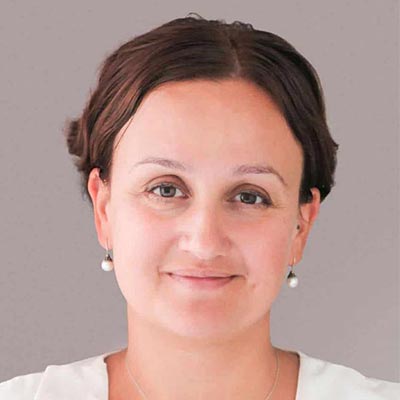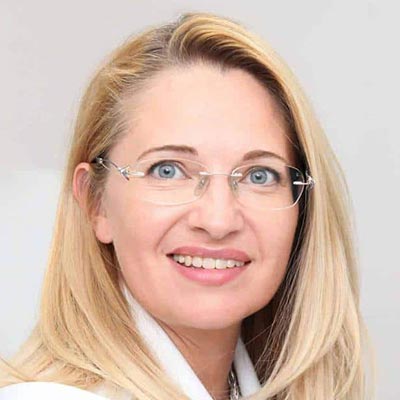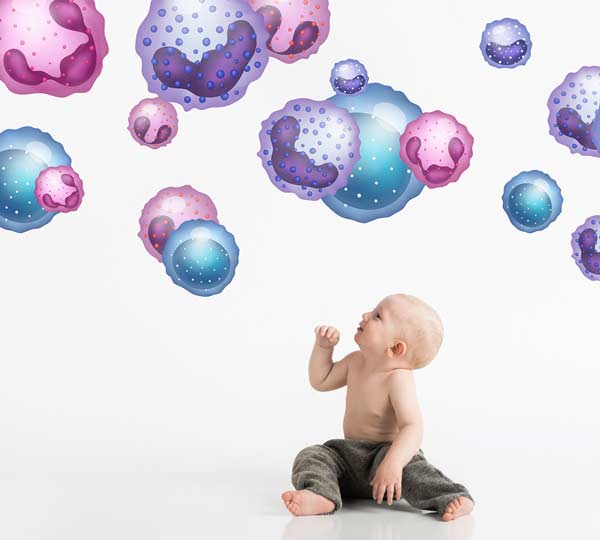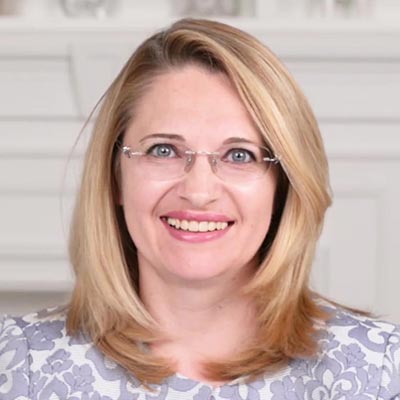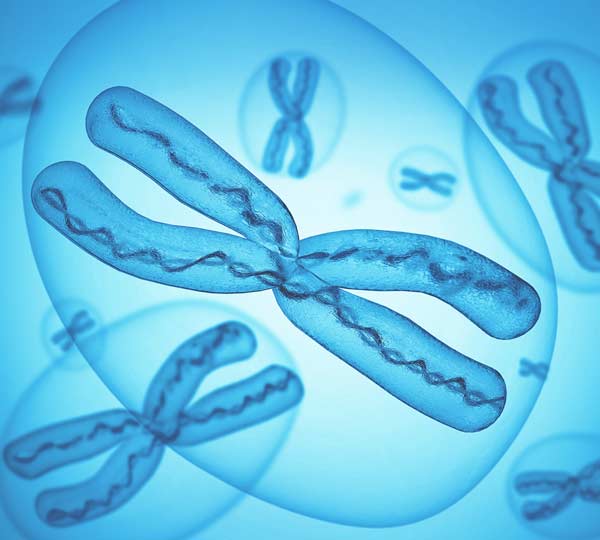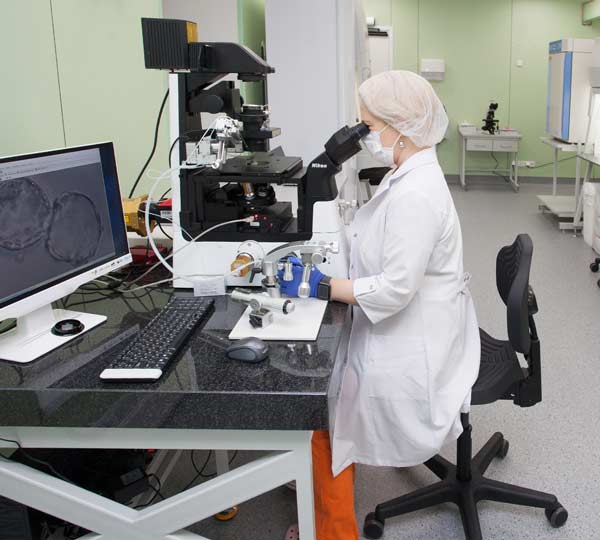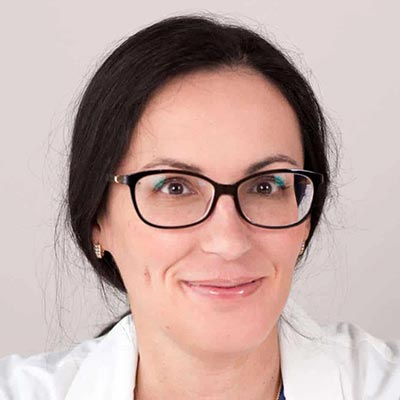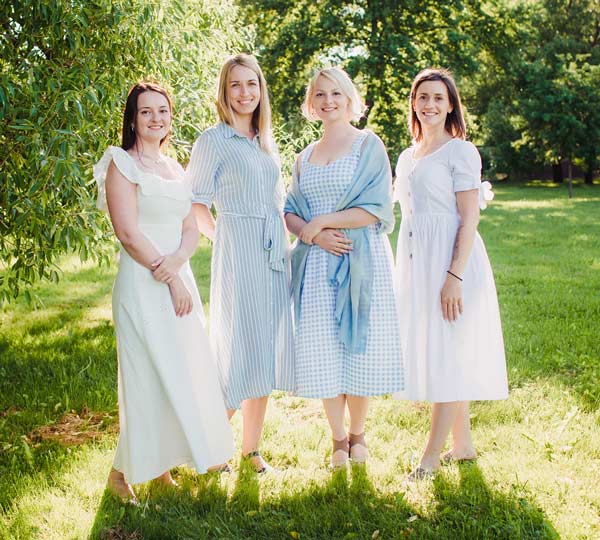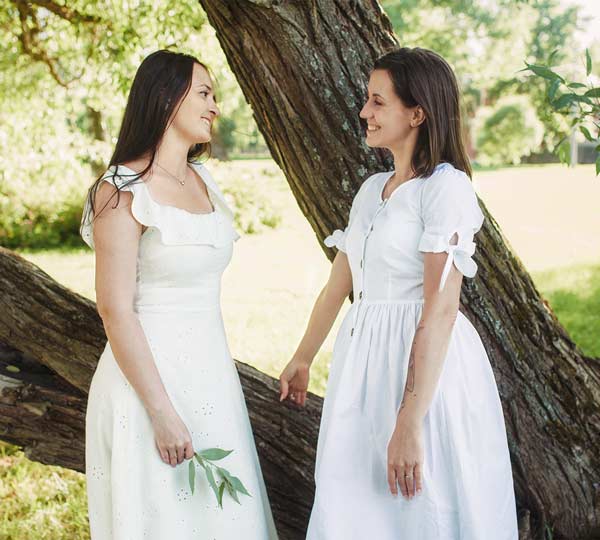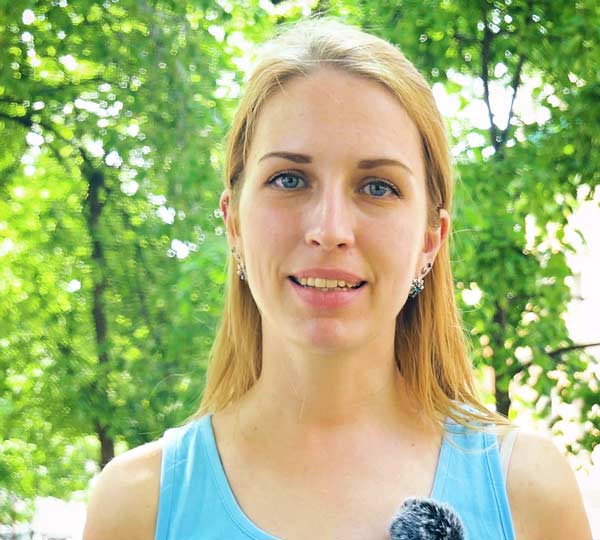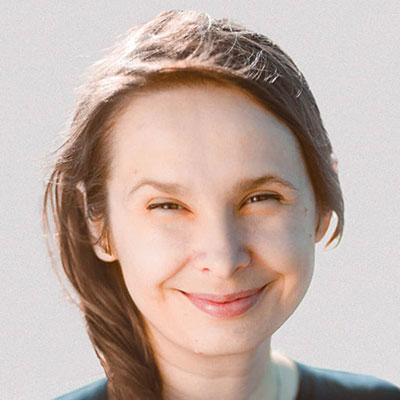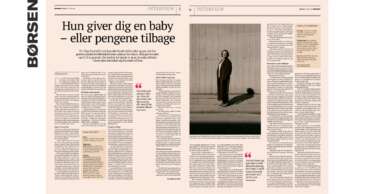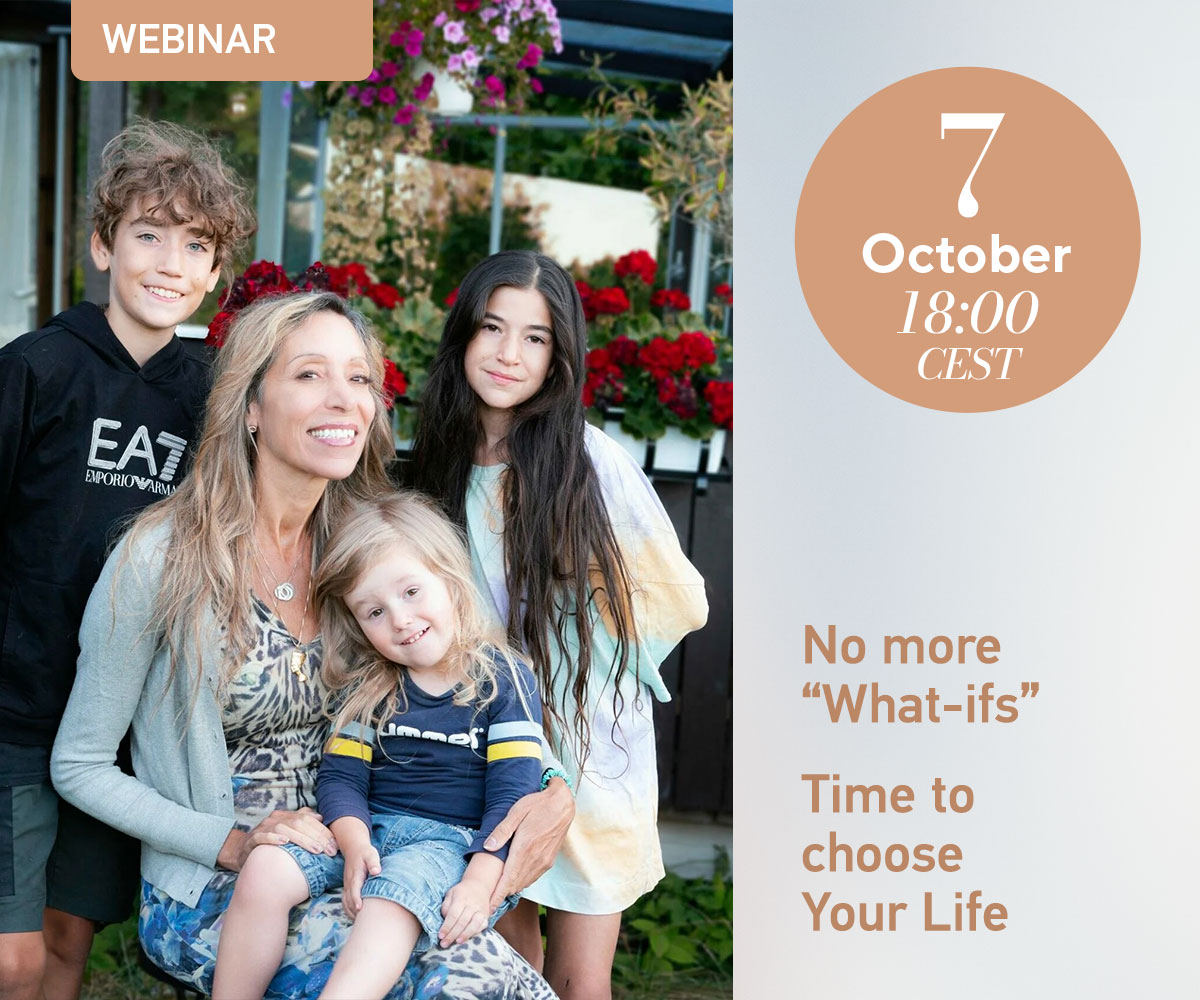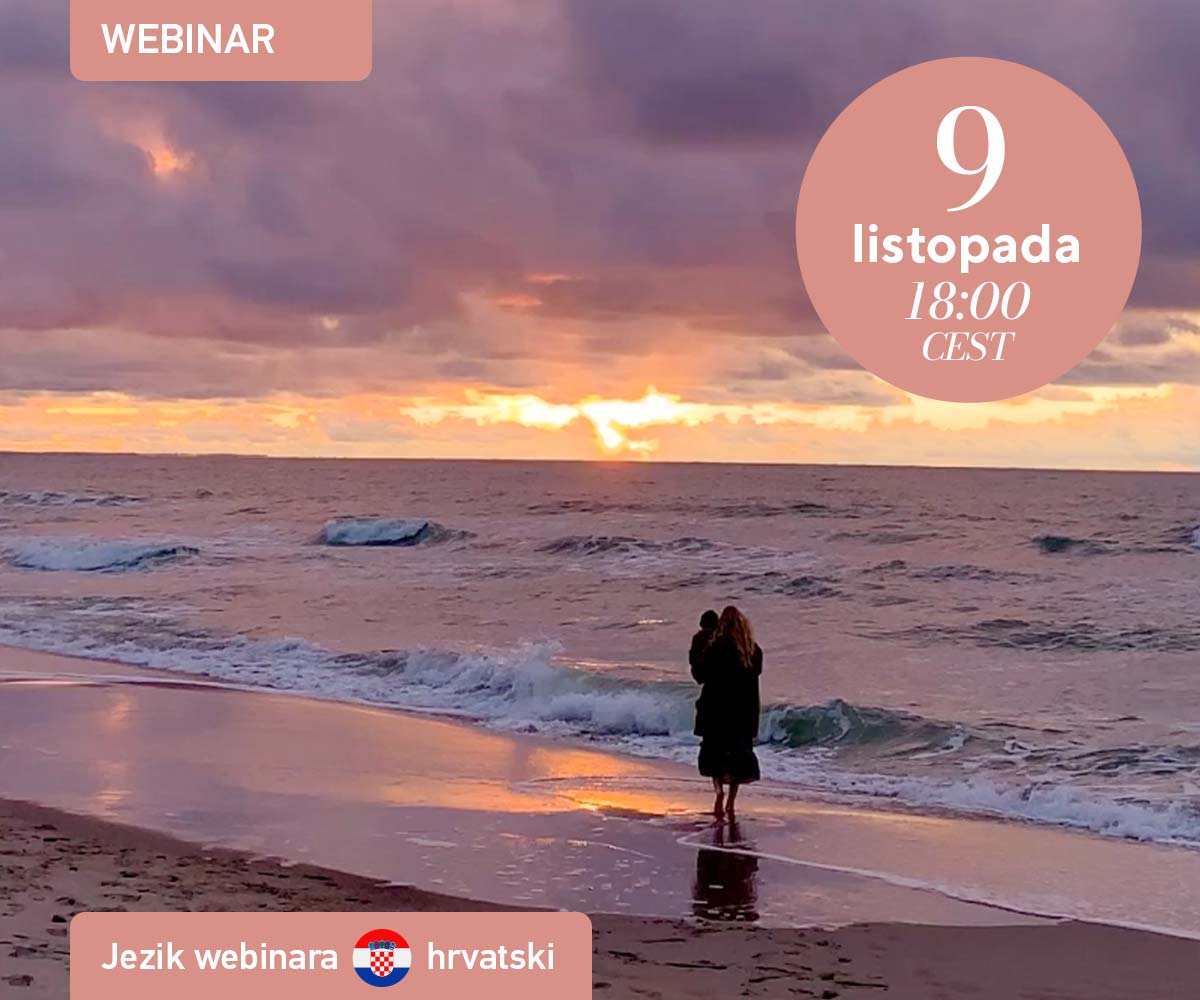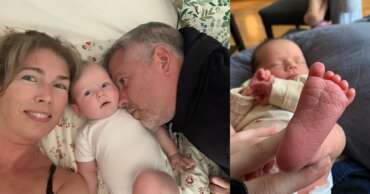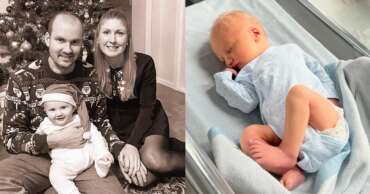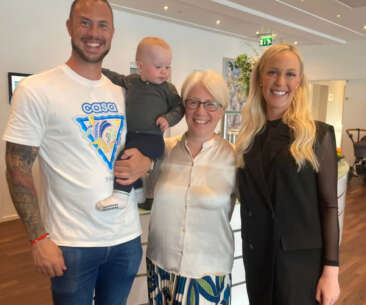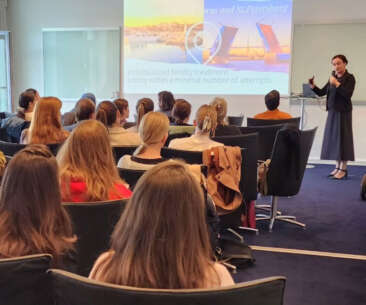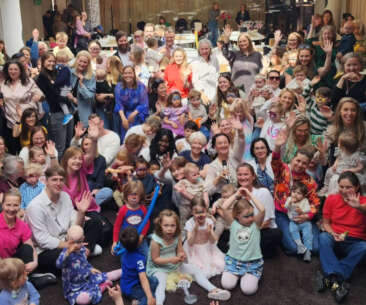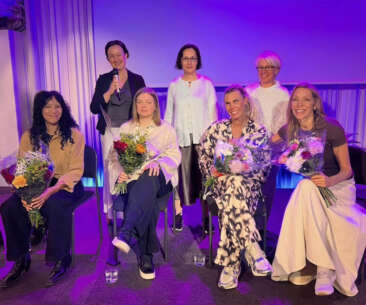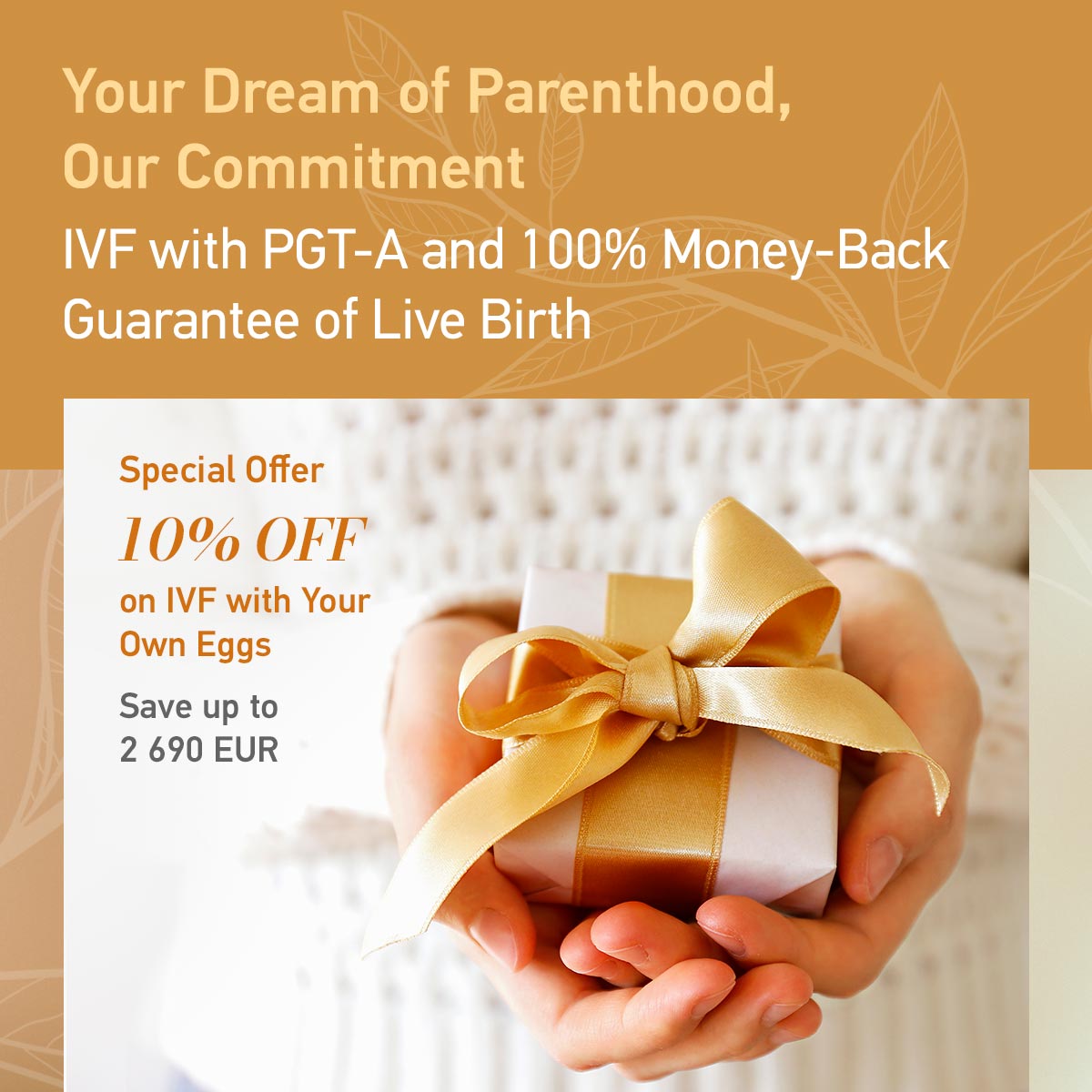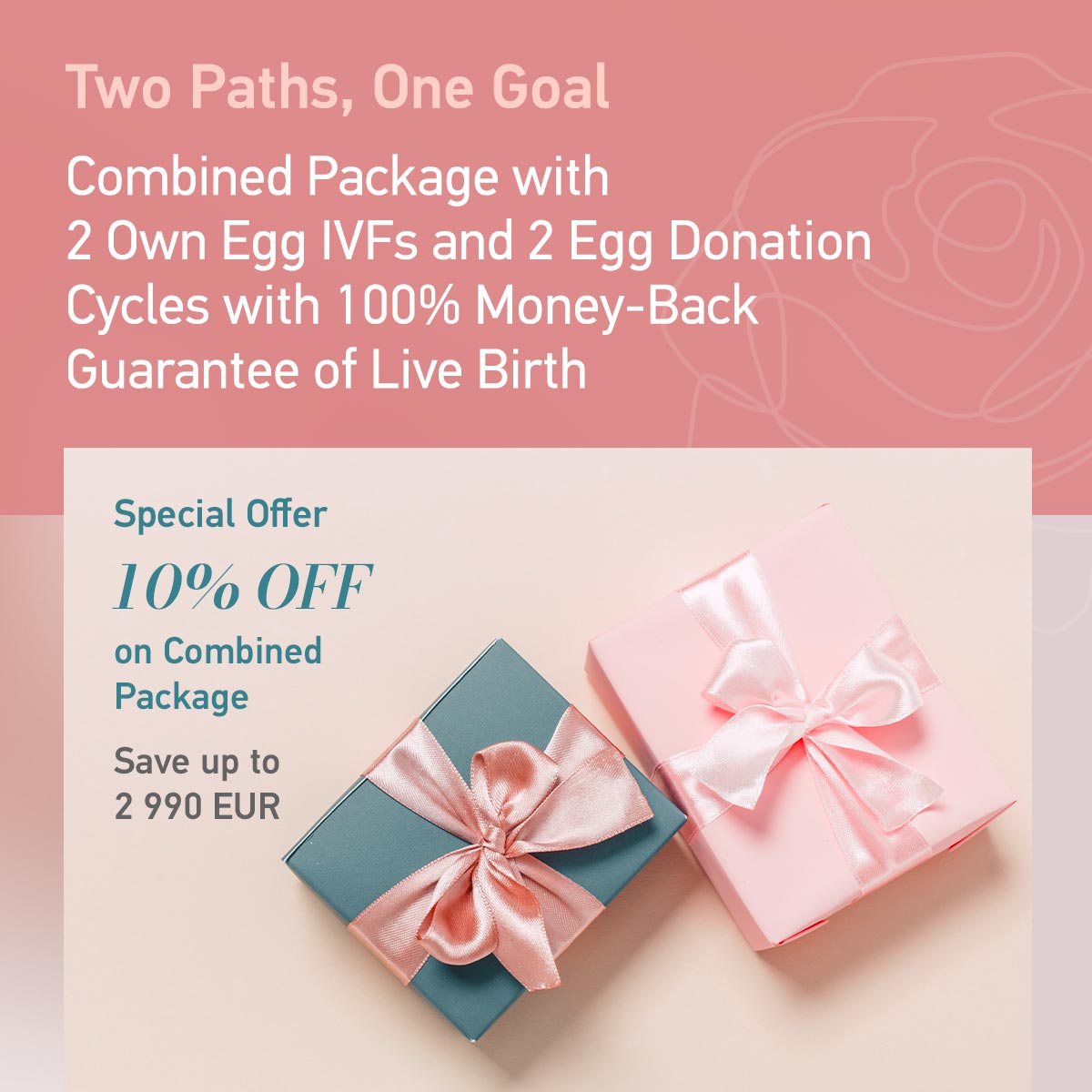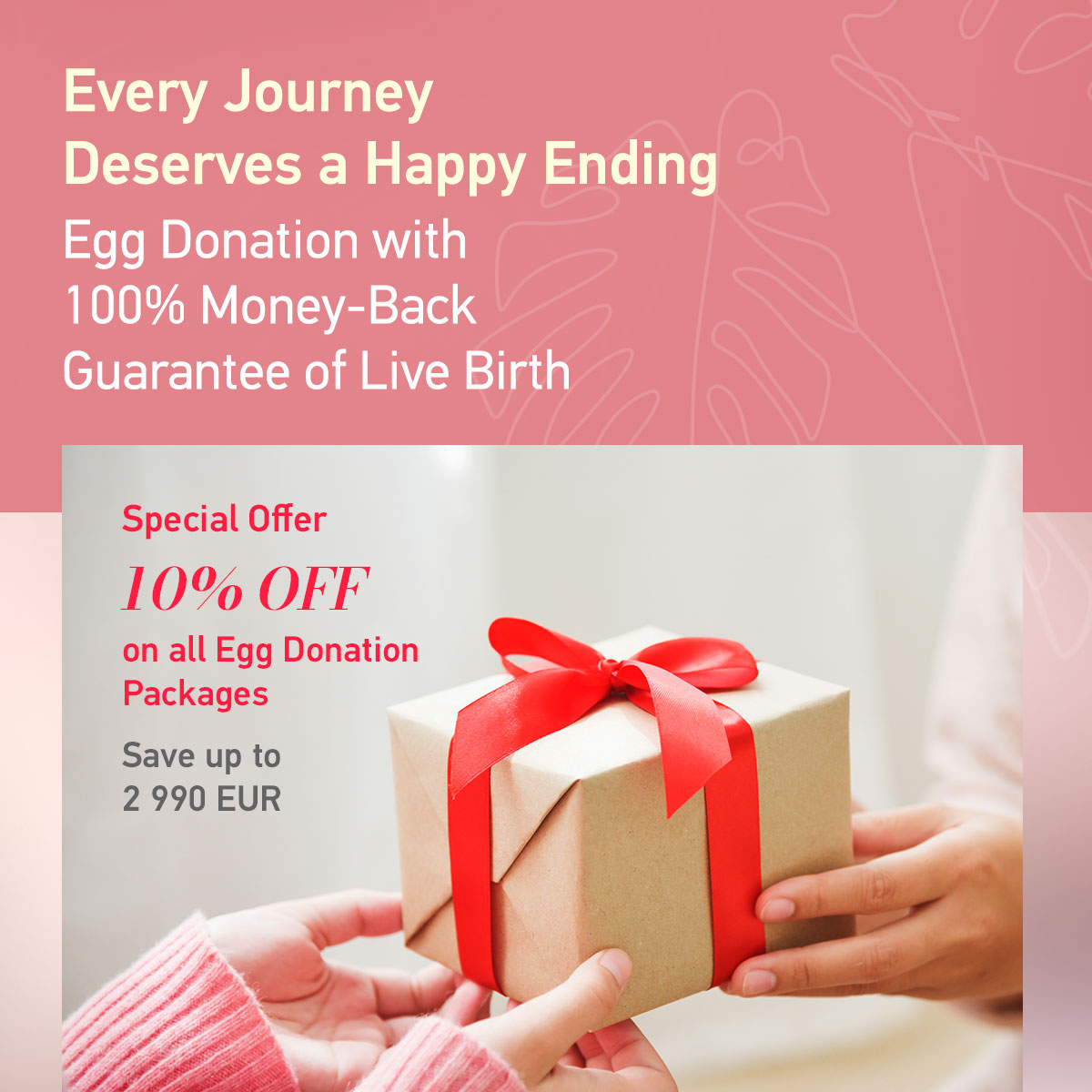Donating of human eggs at O.L.G.A. Fertility Clinic.
Donating of human eggs involves two women one is called an egg donor and another is called an egg recipient. The egg donor goes through IVF procedures to produce several egg cells. These are afterwards fertilised in the medical laboratory by the sperm of the egg recipient’s husband, partner (or a sperm donor). The fertilised eggs are called embryos, and a single one or a pair of them are inserted back into the uterus of the egg recipient to result in pregnancy.
Differences between IVF and IVF plus egg donation
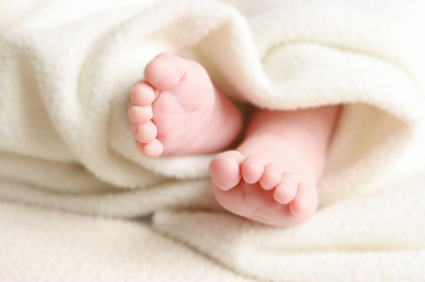
The main difference between ‘normal IVF’ and ‘egg donation IVF’ is that a third person is required to produce an egg. This is the egg donor, who is donating human eggs, which are used in case if the would-be mother (the egg recipient) cannot utilize her own eggs to get pregnant. We offer you a thorough description of all the treatment steps.
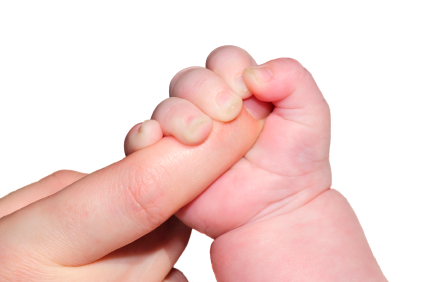
Synchronising the menstrual cycles
The egg donor and the egg recipient are to be in the first days of their menstrual cycles which is needed to start the process donating of human eggs. If you no longer have a regular menstrual cycle, we can make it regular again. This is done by prescribing oral contraceptive medication to the donor and the recipient in line with the settled schedule. The pills course is stopped on the same day by both the donor and the recipient, starting a ‘withdrawal bleed’ in both ladies.
The egg donor’s treatment
After the egg donor's period starts, she has an ultrasound examination of the uterus and the ovaries to assure the ovaries are inactive and the womb membrane is thin enough. Your egg donor then uses medication to stimulate her ovaries to produce egg cells. After about 10 days, she takes one more hormone to make the eggs fit for collection. Egg retrieval is performed by aspirating the egg cells from the follicles by a needle introduced into the ovary through the vagina. This concludes the second step of donating human eggs. The donors’ mission is over after it.
The egg recipient’s treatment
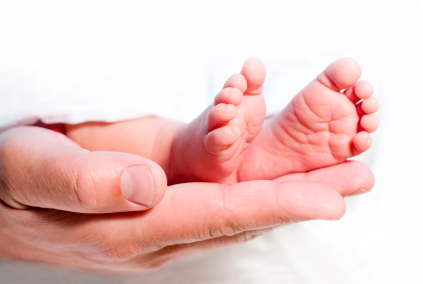
Egg recipients may or may not have menstrual cycle. Once the period is induced by the medicine, you will after have a scan to check that the lining of your uterus is thin and that there are no cysts before the beginning of the treatment course. This includes taking oestrogen tablets, patches and/or cream to build up your uterus lining again. Five days before the scheduled day for Embryo Transfer, you start taking progesterone as well as oestrogen.
Fertilization and embryo transfer
The retrieved donor eggs are fertilised by the semen of your partner or a sperm donor. They develop under control in our lab for three or (more frequently) five days. Throughout this time, they carry on splitting and developing. At five days old, embryos are known as blastocysts. By this time, our experienced embryologists can evaluate which embryos are of the most promising quality. On the date of embryo transfer, one or two of the excellent quality embryos are introduced through the cervical canal in the egg recipient’s womb using a thin, flexible plastic catheter. This process is usually short and painless. This is the closing step in the procedure of donating human eggs.
Following the embryo transfer, you go on with using oestrogen and progesterone pills for two weeks and after that take a pregnancy test. If the test is positive, you should go through an ultrasound examination to confirm the pregnancy two weeks later. If a ‘fetal sac’ is noticeable on the scan, this grants clinical proof of your pregnancy.
At O.L.G.A. Fertility Clinic, we reached a 60% pregnancy rates in 2008. This was the proven clinical pregnancy rate after transfer of 2 fresh (not frozen) embryos at the 5-day-old blastocyst stage. The number of babies conceived through donating human eggs is rising each year as more women become aware of this form of treatment.
Interested in egg donation at O.L.G.A. Fertility Clinic?
Please first fill in our questionnaire This will be assessed by one of our experienced doctors, who will then get in touch with you using your preferred contact method.
If you have any questions, an English-speaking receptionist is available to take your call on 007 81 2336 3059 between 07:00-14:00 Central European time (06.00-13.00 UK time). You can also reach us by e-mail at info@olgafertilityclinic.com
We look forward to hearing from you!
Very kind regards,
Your O.L.G.A. Fertility Clinic team
Related pages in other lnguages: English Egg donation Deutsch Eizellspende Netherlands Eiceldonatie Dansk Ægdonation


